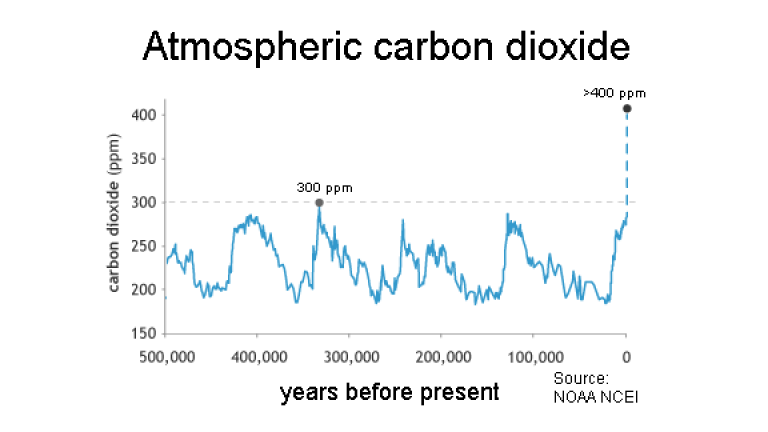
A group of MIT Alumni for Climate Action members analyzed MIT’s 2015 Plan for Action on Climate Change and developed recommendations for the next iteration of the plan (https://mit.alumniaction.com/mitletter). The recommendations were submitted on October 29, 2020 to the MIT administration to initiate a discussion of our future role in solving one of the world's most serious problems:
The Imperative for Climate Action in 2020. In the last 5 years, climate change has become a crisis as natural disasters have accelerated, and the IPCC called for cutting emissions by about half in this decade to avoid the worst effects of climate change. The next 5 years as we all know will be crucial to setting the course towards limiting warming to 1.5°C. Consequently, the group recommends:
1. Goals to Reduce Campus Greenhouse Emissions. MIT should commit to developing plans for carbon neutrality by 2030 and a zero-emissions campus by 2040. Many of MIT's peer institutions have committed to carbon neutrality before the middle of the century.
2. Engagement with the Fossil Fuel Industry. MIT should develop clear standards for any type of relationship with fossil fuel companies, including policies of accepting funding. These metrics will prevent fossil fuel companies from using their relationship with MIT to conceal their environmentally destructive actions.
3. Divestment and Moral Leadership on Climate. For those fossil fuel companies that hinder the transition to a carbon-free economy by spreading climate disinformation and lobbying against climate legislation, MIT should immediately divest its endowment, as many peer institutions have done.
4. Leadership in Development of Technologies. MIT’s establishment of the eight Low-Carbon Energy Centres (LCECs) is commendable. It however needs to demonstrate a tangible impact via solutions that the industry can quickly adopt.
5. Holistic Climate Education. MIT should incorporate a holistic understanding of the climate crisis into all of its undergraduate programs and ensure that all programs prepare graduates for the role that their field will play in addressing the climate crisis.
The full letter is posted: https://mit.alumniaction.com/mitletter



